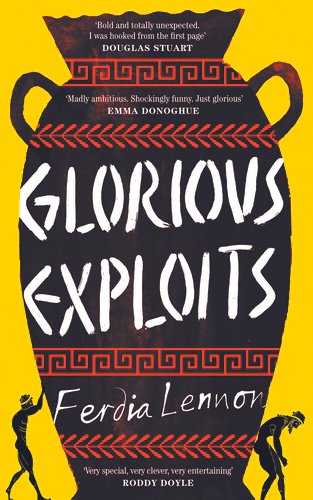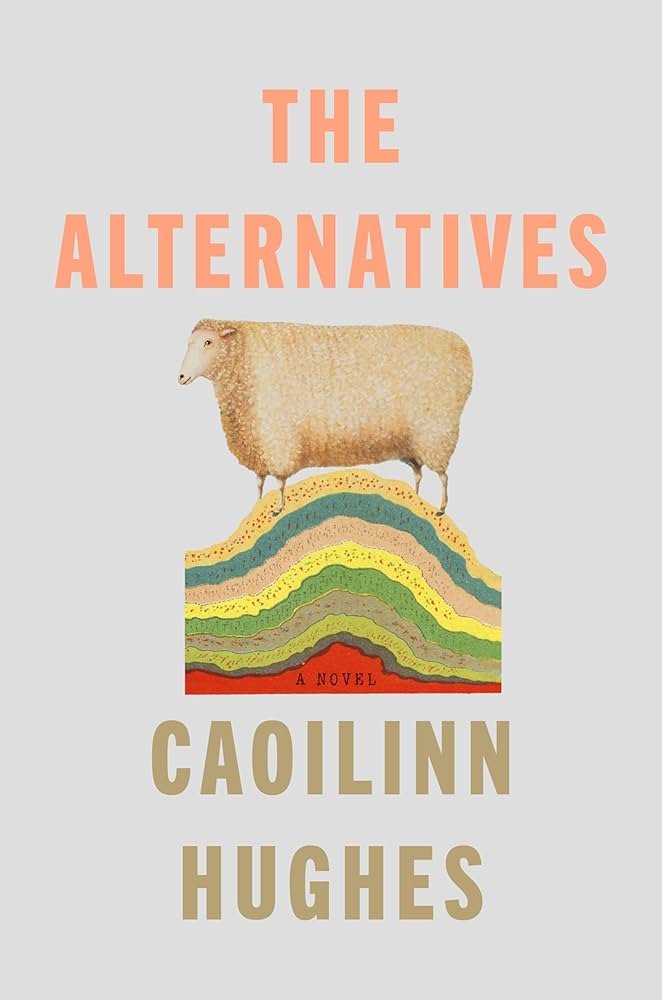Glorious Exploits, Ferdia Lennon
“A literary achievement that offers a rare combination of empathy, humour, and devastating beauty that sets it apart from anything I have read before.”
The popularity of Greek mythology and retellings of the Classics in the publishing world has remained strong ever since the release of Madeline Miller’s Circe in 2018. When I wrote my dissertation on this topic during my final year of my degree in 2019, I knew it was a popular trend, but I had no idea it would continue with such enthusiasm nearly five years later; however, Glorious Exploits by Ferdia Lennon introduces a fresh perspective by masterfully seizing upon a notable historical anecdote – the Syracusan side of the failed Sicilian Expedition – and transforming it into a literary masterpiece.
Set against the backdrop of Syracuse on the island of Sicily, amidst the Peloponnesian War, we meet two unemployed potters – Lampo and Gelon – who aim to stage a version of ‘Medea’, Euripides’ famed 5th century BCE tragedy, with Athenian prisoners in exchange for food and water. The goal to utilize these prisoners in a theatrical performance forms the root of the plot, but Glorious Exploits also delves deep into the realms of grief, hope, friendship, the tragedies of war, and the power of art.
The standout feature of the novel is the charming narrative voice of Lampo. His character has a blend of humour, emotion, enthusiasm and pessimism that is so easy to love. Lennon’s choice of setting in Sicily circa 412 BC is refreshing compared to other novels set in the ancient world, as the voices in Glorious Exploits are conversational, modern, diverse, and vibrant. In particular, our narrator Lampo shows a renewed and humorous perspective on life during this time period.
Lampo and Gelon, two young steadfast friends, come to life with authenticity. Gelon’s obsession and love for Euripides (an Athenian playwright and technically an enemy of the Syracusans) grows with his desperation to hear the playwright’s words performed amidst the ruins of war. Lampo aids his best friend in this task, which often begs the question: Can you separate art from the artist? Can you have a hatred for a people but love and appreciate their contributions to art? These questions still ring out today, and Lampo and Gelon deal with this question throughout the narrative.
Lennon’s writing is not only empathetic and hilarious, but also devastating in its impact. The exploration of the Syracusan side of the war, the captivity of Athenian prisoners, and their desperate recitation of Euripides’ ‘Medea’ provides a nuanced perspective often overlooked by historical accounts. Glorious Exploits is a literary achievement that offers a rare combination of empathy, humour, and devastating beauty that sets it apart from anything I have read before.
Editorial Picks




